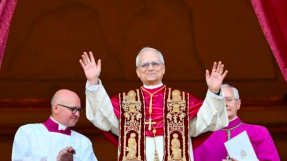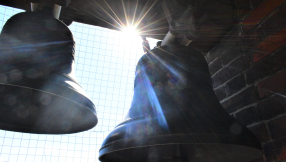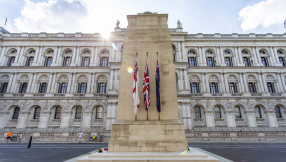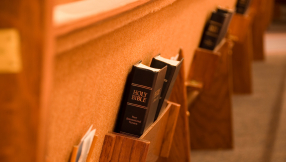Church of England recognises breakaway US Anglicans
The Church’s governing body passed the amended motion today after an impassioned debate lasting nearly three hours.
The motion affirmed the desire of Synod to “recognise and affirm the desire of those who have formed the Anglican Church in North America to remain within the Anglican family” and recognises “the distress caused by recent divisions within the Anglican churches of the United States of America and Canada”.
It calls for further exploration of the issues and invites the Archbishops of Canterbury and York to report back to Synod in 2011.
The passing of the motion will be seen as a clear signal of support for ACNA and its leader Archbishop Bob Duncan, who broke away from the liberal TEC last summer as a result of serious disagreements on homosexuality, scriptural authority and the uniqueness of Christ.
Simon Butler of the Diocese of Southwark failed in his attempt to have the debate shelved until a later date. He caused some agitation among Synod members when he suggested they risked breaking the ninth commandment – “You shall not bear false witness” – by going ahead with the debate.
The original motion, put forward by Lorna Ashworth, had asked Synod to express the desire to “be in communion” with ACNA, but was deemed by some Synod members to be too strong.
The Bishop of Bristol, the Rt Rev Mike Hill, said it would “commit the Church of England to too much too soon”.
He said: “It is obviously clear that there has been much anger and bitterness in the schism within TEC. Facts and more significantly the interpretation of those facts have been hard to ascertain. This should invite caution from us over formally taking sides however much our sympathies may be with one side or the other.”
Although he supported recognising ACNA as Anglican, he questioned whether Synod could commit itself to expressing a desire to be in communion “when we have little idea that it will settle down as something that is recognisably a church in the Anglican tradition rather than simply a loose coalition of autonomous bodies”.
The Bishop of Winchester, the Rt Michael Scott-Joynt, said he did not think recognising ACNA was “meddling in the TEC or hostile to it”, nor an attack on traditionalists who had chosen to remain within TEC.
Mrs Ashworth said there was “no hidden agenda” behind her motion and that it was not about sexuality or “separating from TEC (The Episcopal Church in the US) or ACOC”. She insisted she was not asking for the start of formal proceedings to enter into institutional communion with ACNA, but rather asking Synod to affirm ACNA as Anglican.
She said: “Why wouldn’t we take this opportunity to stand by and affirm our brothers and sisters in Christ, who are seeking to practise, faithfully, historical, biblical Anglicanism as has been practised for hundreds of years, who have not diverted from the doctrines, decrees and formularies of the worldwide Anglican Communion?”
She voted in favour of the amended motion, as did the Archbishops of Canterbury and York.













